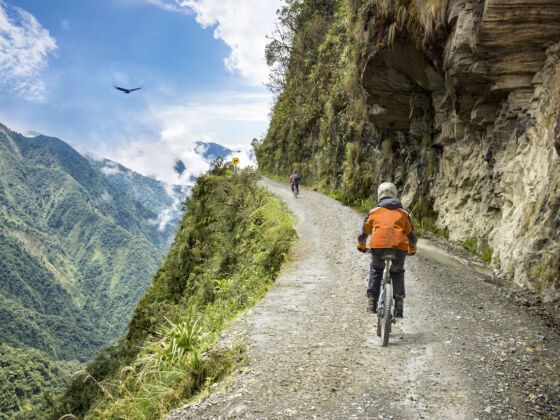This is the story of a man named David who may or may not be alive today. He took as granted that he would die at 63, the year death found his father, grandfather, and great-grandfather. I knew him when he was 60 and 61, and though three years ago, until I hear otherwise I’ll assume he’s still alive.
David was as close as I may ever come to meeting someone on par with Dos Equis’ Most Interesting Man in the World. David doesn’t always drink beer, but when he does, he prefers to tell stories. And through his stories he tells you about your life, the lives of others, and how to live simply and well in this strange world. Given what I never knew and what I’ve since forgotten, I am only able to paint a small picture that is hopefully suggestive of the much larger portrait.
